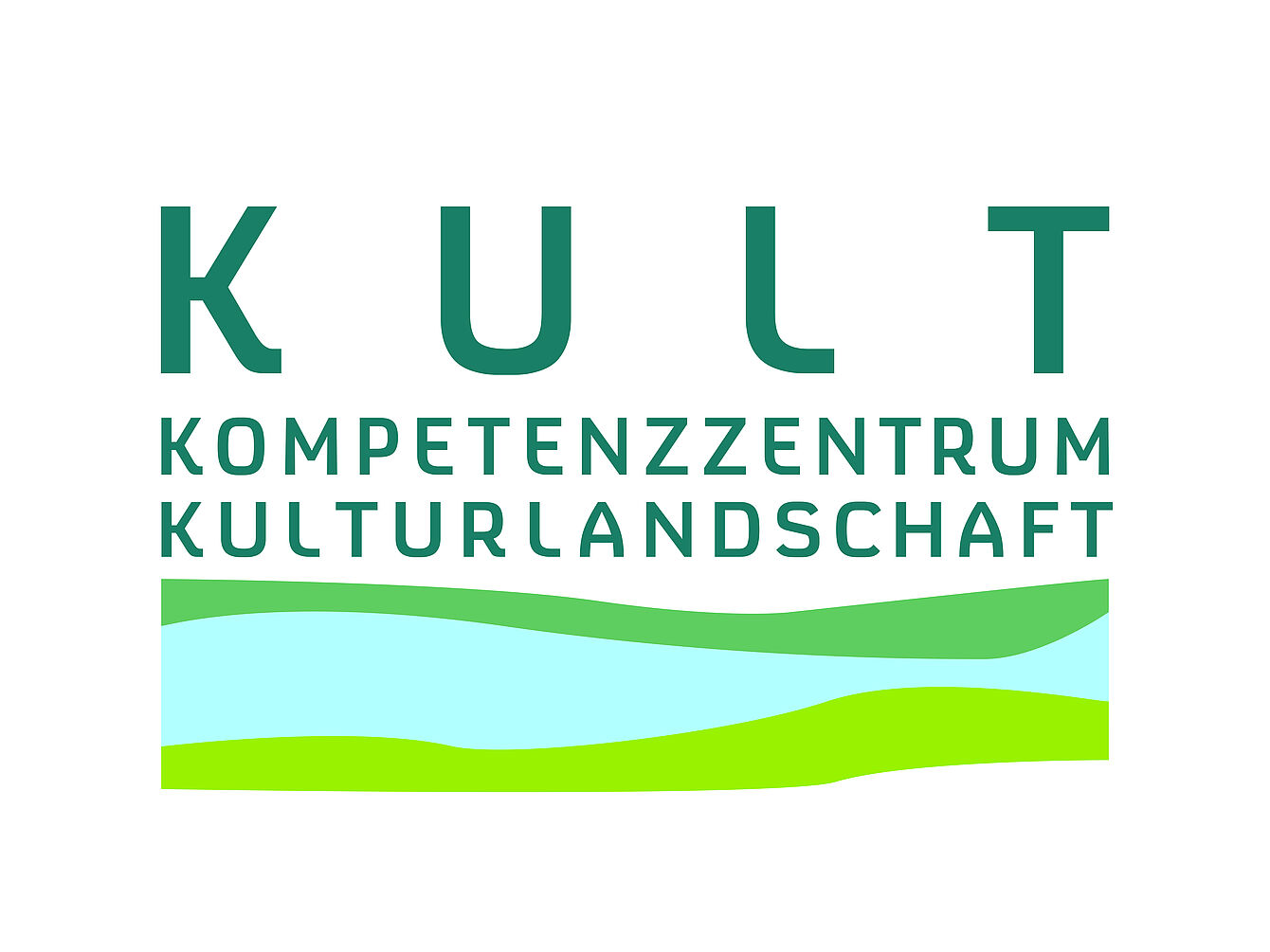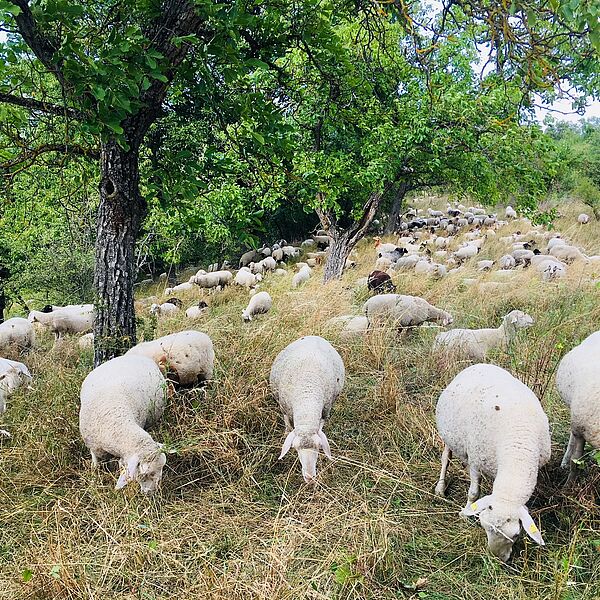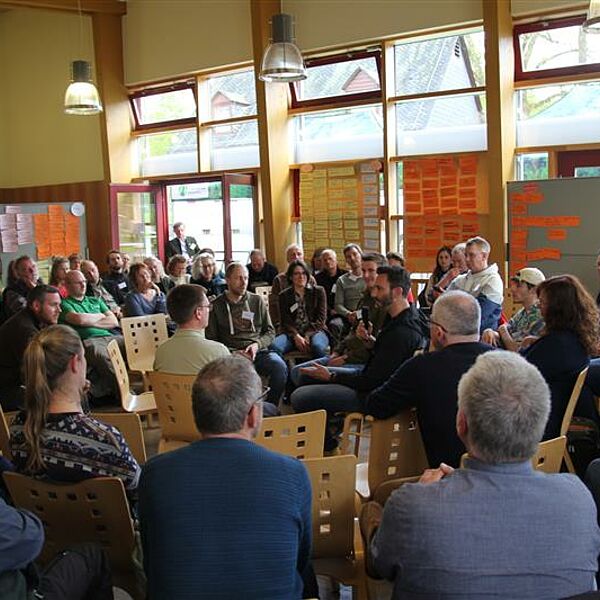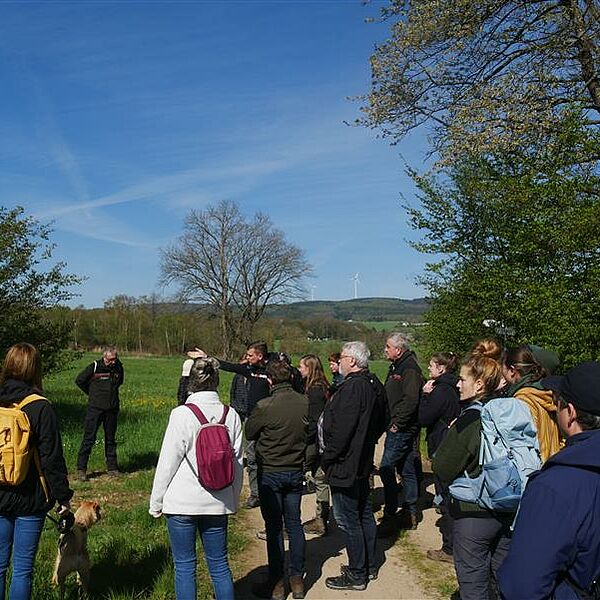Conference presents new digital evaluation for wineries
On January 28 2019, the Department of Wine & Beverage Business organized a conference with 81 participants on the occasion of the 25th anniversary of the Geisenheim Business Analysis initiative. Among the guests were vintners from more than fifty wineries and industry representatives. Geisenheim’s Business Analysis initiative dates back to Dr. Dirk Haupt and Prof. Dieter Hoffmann, who introduced operational analysis at the end of the 1980s. The team now has valid operational analysis data spanning more than 25 years, a unique achievement. The project has been receiving funding from the state of Rhineland-Palatinate for many years.
Dr. Haupt, from the Rhineland Palatinate Ministry of Economic Affairs, Transport, Agriculture and Viticulture, gave an overview of the project’s development to date. From his point of view, economic efficiency is now even more important than it was even just a few years ago. The continuously changing and expanding sector requires wineries to grow too in order to make the necessary investments. Since the beginning of the project, 772 wineries have been analyzed and some of them are still participants. The university’s databank includes annual operational data of over 400 wineries, allowing the economic sufficiency of individual wineries to be compared and providing answers to essential economic policy questions in the wine sector.
The conference was an ideal opportunity for project head Larissa Strub and her team, including Iris Wewer, Brunhilde Schanowski, Prof. Andreas Kurth and Prof. Simone Loose, to present the project’s new digital conception. After transferring all data to one database, vintners will receive a graphic evaluation of their winery’s economic efficiency over the last five years (for more details see the article in “Der Oenologe” (The Enologist) edition 2/19).
The evaluation enables the participating wineries to compare their business to average and successfully performing wineries. With the help of the evaluation, wineries get a good overview of their performance and development potential. One new aspect is the inclusion of a wage for family members working in wineries. The issue was hotly debated at a previous vintner’s conference and received strong support. Wineries are only seen as attractive and competitive career options for future generations if they generate sufficient profit.
The conference’s participants complimented Hochschule Geisenheim University on the conference: “We had a very interesting day at Geisenheim, it was definitely worth the travel”. Wineries interested in the project are welcome to get in touch with Larissa Straub or can send an email to Unternehmensanalyse@hs-gm.de.
Simone Loose, Larissa Strub, Andreas Kurth













